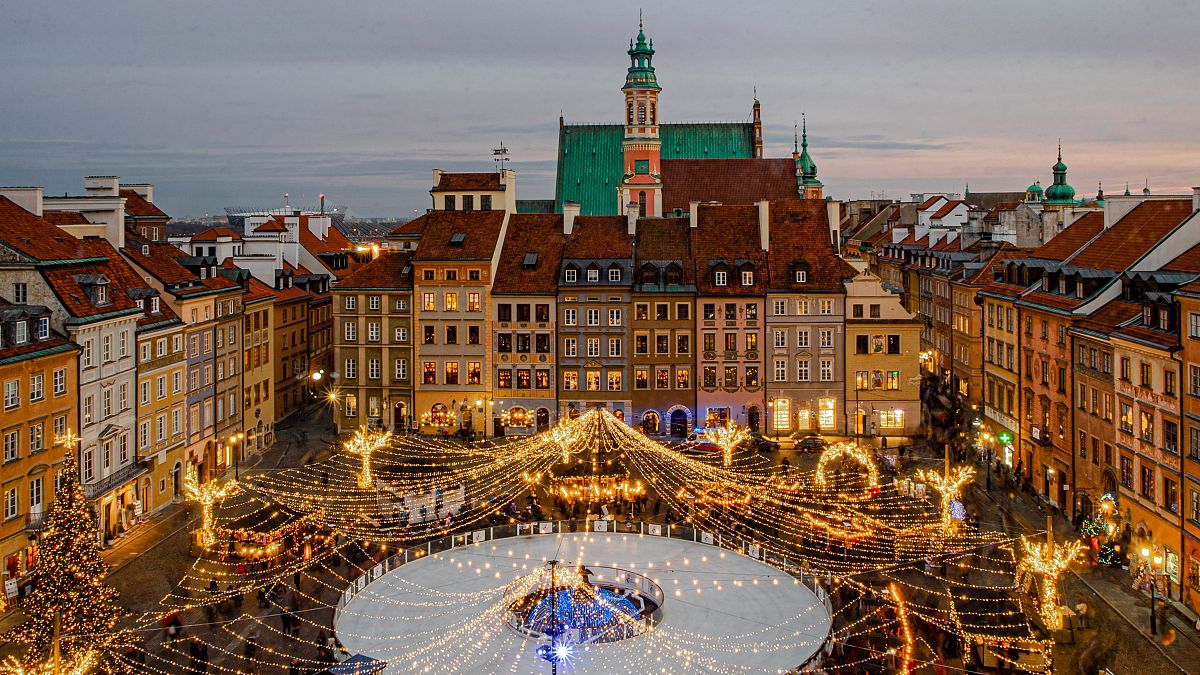Poland has announced plans to build a new high-speed rail line linking some of its major cities.
The government has earmarked €37 million for the project, which will see the construction of 140 kilometres of track and a four-kilometre-long tunnel.
The ambitious scheme also includes the construction of a ‘mega-airport’ located between the capital Warsaw and the city of Łódź to function as a central transit hub.
Polish president Andrzej Duda has called the project “one of the most important that Poland is carrying out in the 21st century”.
Poland to get new high-speed rail line
The new 140-kilometre high-speed rail route is set to link up some of Poland’s most attractive cities.
The line will connect Warsaw with the cities of Łódź and Wrocław.
Łódź is a former textile manufacturing hub which is now home to the Central Museum of Textiles and the Manufaktura arts and culture centre inside a restored factory.
In Wrocław, visitors can wander the streets of elegant pastel-coloured townhouses and admire the spikey gothic town hall.
The city was the European capital of culture in 2016 and is frequently voted one of the most liveable places in the world.
Poland to build new ‘mega-airport’
The rail route is part of the wider Solidarity Transport Hub (CPK) project, which will see the construction of an airport between Warsaw and Łódź.
The Polish government plans to make the transport hub ‘one of the largest in Europe’.
However, the project has received criticism. Conceived before the pandemic, it was lambasted by Ryanair CEO Michal O'Leary as ‘incomprehensible’.
“I can honestly say that I don’t understand this investment,” O’Leary told Polish daily Rzeczpospolita.
“Even though taxpayers have spent billions on this senseless project, it is still possible to abandon it and not go further.
“This airport is unnecessary. It was planned in the wrong place and at the wrong time. Only very stupid politicians could decide to do something like that.”
Warsaw already has two airports, but the Polish government envisages the new hub still ‘makes economic sense’ considering the uptick in travellers down the line from the pandemic.


